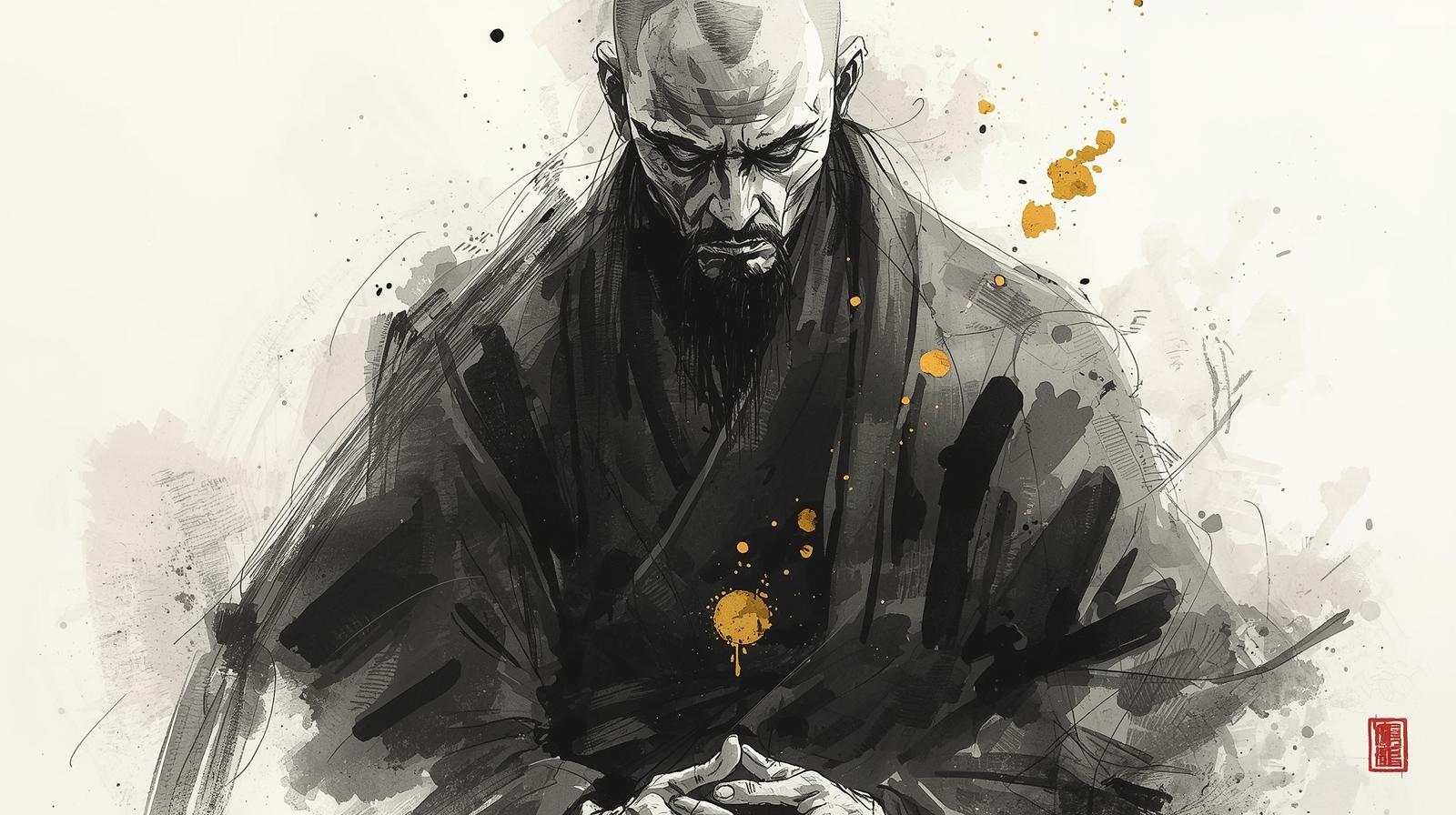Introduction:
Samurai were not only warriors of the battlefield, but also masters of discipline and daily habits. Uesugi Kenshin, one of Japan’s most famous warlords, had a unique routine: before every battle, he prayed to Bishamonten, the god of war. This act of prayer was more than religion—it was a way to center his mind, find focus, and prepare for the challenges ahead. Today, we call this practice mindfulness.
Body:
- Kenshin’s Daily Prayer
Uesugi Kenshin believed that victory started in the mind. By praying before each campaign, he created a rhythm of calmness and clarity. His habit shows us how repetition and ritual can bring stability even in uncertain times. - Mindfulness in Modern Terms
In today’s world, many leaders and professionals practice mindfulness meditation. Simple breathing exercises, five minutes of silence, or a short prayer can lower stress and sharpen decision-making. Just like Kenshin, these routines align the mind before entering “battle” in daily life—whether that’s work, study, or personal challenges. - Building Inner Strength Through Habits
Mindfulness is not about escaping reality, but facing it with composure. Kenshin’s prayer was his anchor. For us, habits like journaling, morning meditation, or gratitude practice serve the same role. Over time, these daily acts build mental resilience and long-term success.
Conclusion (Call to Action):
The lesson from Uesugi Kenshin is clear: true strength comes not only from the sword, but from the heart and mind. By practicing small acts of mindfulness each day, we can face life’s battles with clarity and courage.



Comments